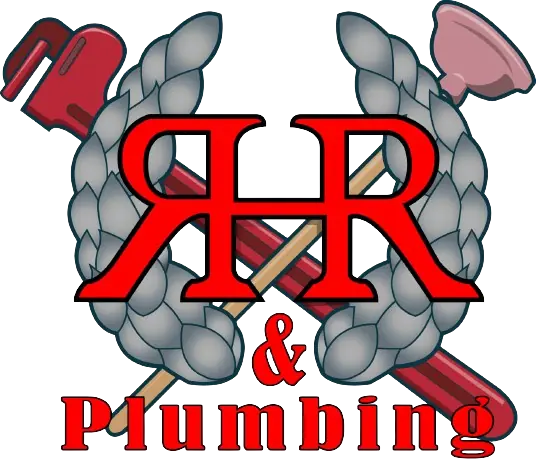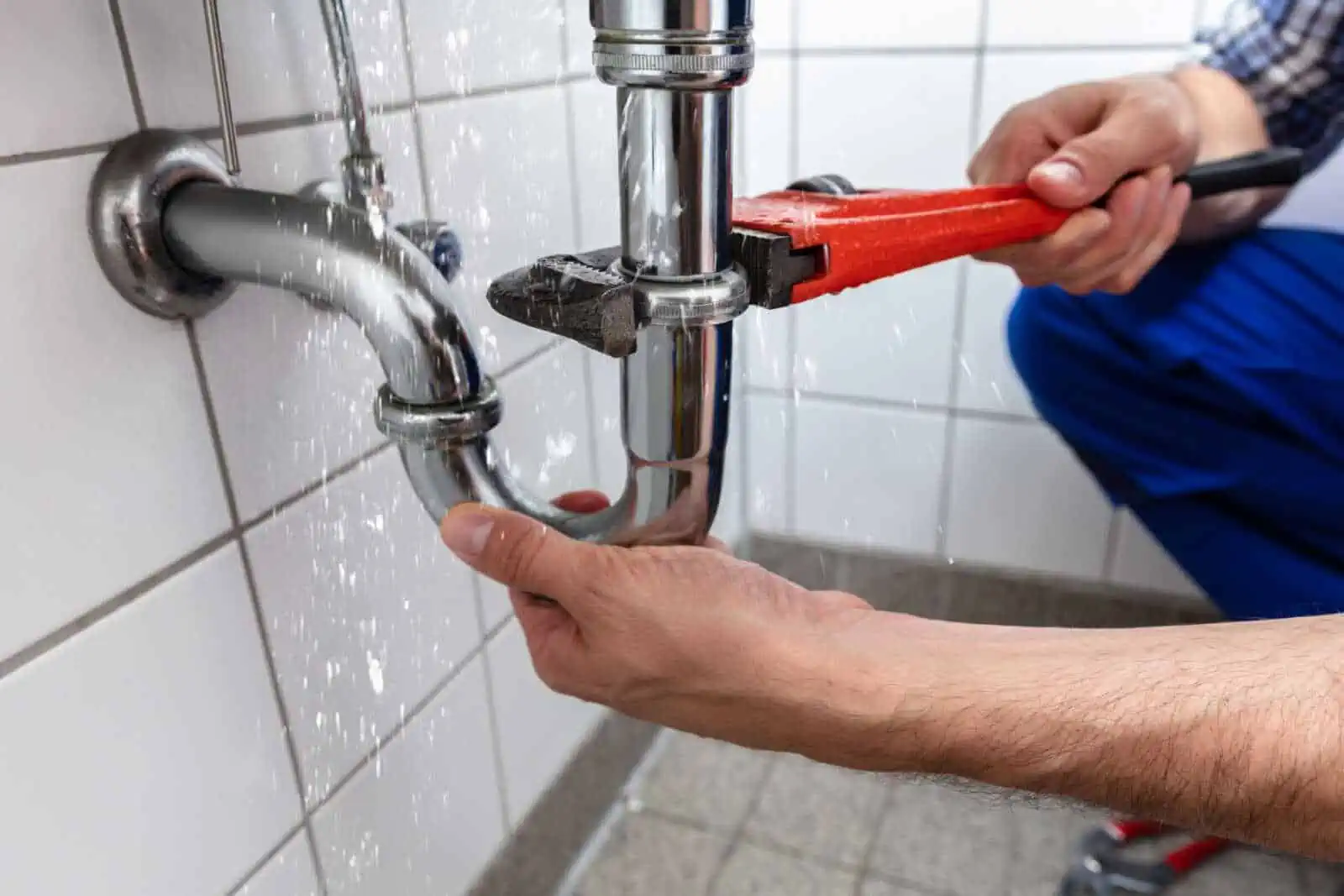Expert Tips from RHR Plumbing, Your Trusted Plumbing Partner in Denver County, CO
Schedule Regular Maintenance Checks
Regular maintenance checks are essential for preventing water heater emergencies and prolonging the lifespan of your unit. Schedule annual inspections with a licensed plumber to assess the condition of your heater, identify any potential issues, and perform necessary maintenance tasks. During these checks, the plumber will inspect the tank for signs of corrosion, check for leaks or loose connections, and test the pressure relief valve for proper functionality. Addressing minor issues early on can prevent them from escalating into major problems, saving you time, money, and stress in the long run.
Monitor Water Heater Performance
Keep a close eye on your water heater’s performance to detect any warning signs of trouble. If you notice changes in water temperature, inconsistent hot water supply, or unusual noises coming from the unit, it could indicate underlying issues that require attention. Additionally, be mindful of any leaks or puddles around the water heater, as these can signal a potential leak or malfunction. Monitoring your heater’s performance allows you to catch problems early and take proactive measures to prevent emergencies before they occur.

Check and Maintain Pressure Relief Valve
The pressure relief valve plays a crucial role in preventing pressure buildup inside the water heater tank, which can lead to leaks, bursts, or explosions. Regularly check the pressure relief valve for signs of corrosion, mineral buildup, or malfunction, and test its functionality according to manufacturer guidelines. If the valve fails to release pressure properly, it can pose a significant safety risk and increase the likelihood of a water heater emergency. Replace the pressure relief valve as needed to ensure that your water heater operates safely and efficiently.
Flush Sediment Buildup Regularly
Over time, sediment and mineral deposits can accumulate at the bottom of your water heater tank, reducing its efficiency and increasing the risk of corrosion and damage. To prevent sediment buildup, flush your water heater regularly according to manufacturer recommendations. Flushing removes accumulated sediment, improves water heater performance, and extends its lifespan. Additionally, consider installing a water softener if you have hard water, as this can help reduce mineral buildup and prolong the life of your water heater.
For all your plumbing needs, schedule an appointment today.
Insulate Pipes and Tank
Proper insulation is essential for maintaining water heater efficiency and preventing heat loss. Insulate exposed pipes leading to and from the water heater to minimize heat loss and reduce the risk of freezing during cold weather. Additionally, consider insulating the water heater tank itself with a specialized jacket or blanket to help retain heat and reduce energy consumption. Proper insulation not only improves energy efficiency but also helps prevent the heater from overworking and experiencing premature wear and tear.
Know When to Call a Professional
While proactive maintenance and precautions can help prevent water heater emergencies, it’s essential to know when to call a professional plumber for assistance. If you encounter any issues beyond your DIY capabilities or if you suspect a serious problem with your heater, don’t hesitate to contact RHR Plumbing for expert assistance. Our experienced plumbers have the knowledge, skills, and equipment to diagnose and resolve water heater issues promptly, restoring comfort and convenience to your home. With RHR Plumbing by your side, you can trust that your heater is in good hands, and emergencies are effectively prevented.





